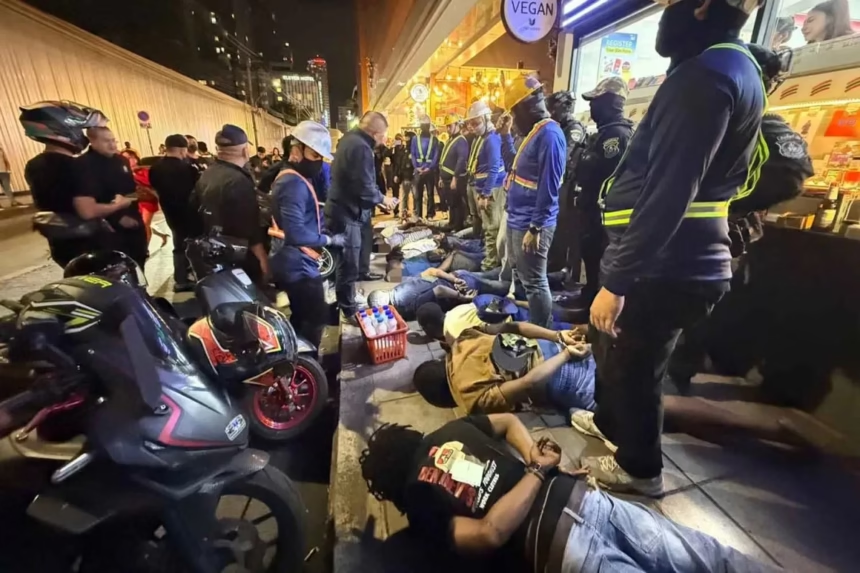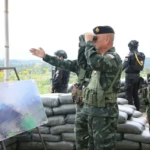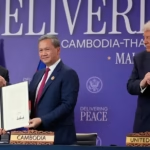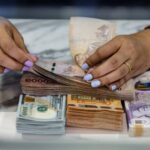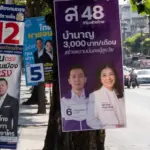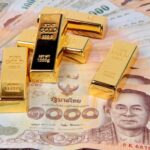BANGKOK – Undercover Metropolitan Police officers dressed as construction workers arrested several suspected Nigerian drug dealers in Bangkok’s Nana area early on Sunday. Eight Nigerian Nationals and one Thai were detained.
Pol Maj Gen Theeradet Thumsuthee, deputy commissioner of the Metropolitan Police Bureau, told a press briefing that 40 plainclothes officers, most posing as a concrete crew, detained eight Nigerian men and one Thai suspect aged 23 to 41 just after midnight in Nana.
He said the joint operation by city police and narcotics officers on Sukhumvit 11 in the Watthana district followed online complaints. Tourists had reported African drug dealers and pickpockets causing trouble in the area.
Dealers often keep small packets of cocaine or other drugs in their mouths. When a buyer appears, they spit out the packets and make a quick sale. If police arrive, they swallow the packets and flee. The police officers approached the groups quietly and made arrests at the scene.
Those detained included eight Nigerian men aged 23 to 41, and a 36-year-old Thai from Udon Thani.
Police seized two packets of cocaine, with a combined weight of four grams. Officers said they were waiting for some suspects to pass the packets and expected to recover more drugs.
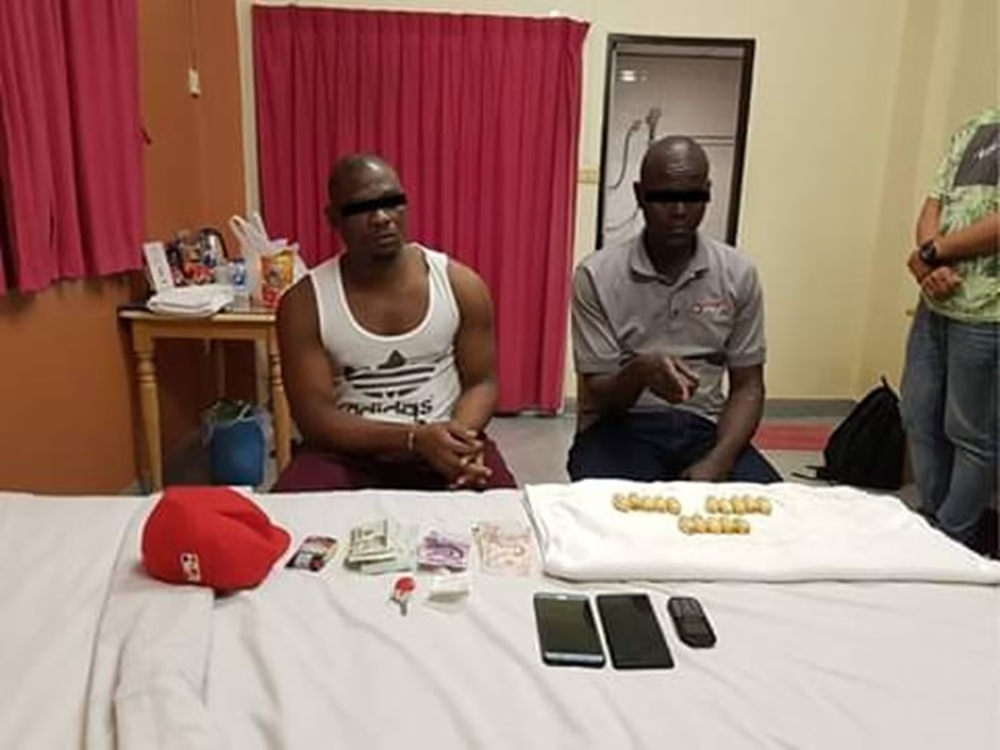
Pol Maj Gen Theeradet said traffickers had smuggled drugs into Thailand by swallowing packets and flying in. Once recovered from their digestive systems, the drugs were sold in tourist areas. Many visitors praised the police during the operation, saying the suspects had been a nuisance in the Nana area, said the deputy city police chief.
Thailand, a major tourist destination in Southeast Asia, continues to face cross-border drug networks, including groups with Nigerian members. These groups often target nightlife zones and tourist hotspots, selling cocaine, heroin, methamphetamine, and ketamine.
Strict drug laws in Thailand bring heavy penalties for trafficking, including life sentences or the death penalty. This leads to high-profile arrests and, at times, diplomatic strain.
Some Nigerian suspects are tied to wider West African networks that use visa gaps and flight routes to enter Thailand. They often use body-swallowing methods to move drugs from South America, or via stops in Africa and Europe.
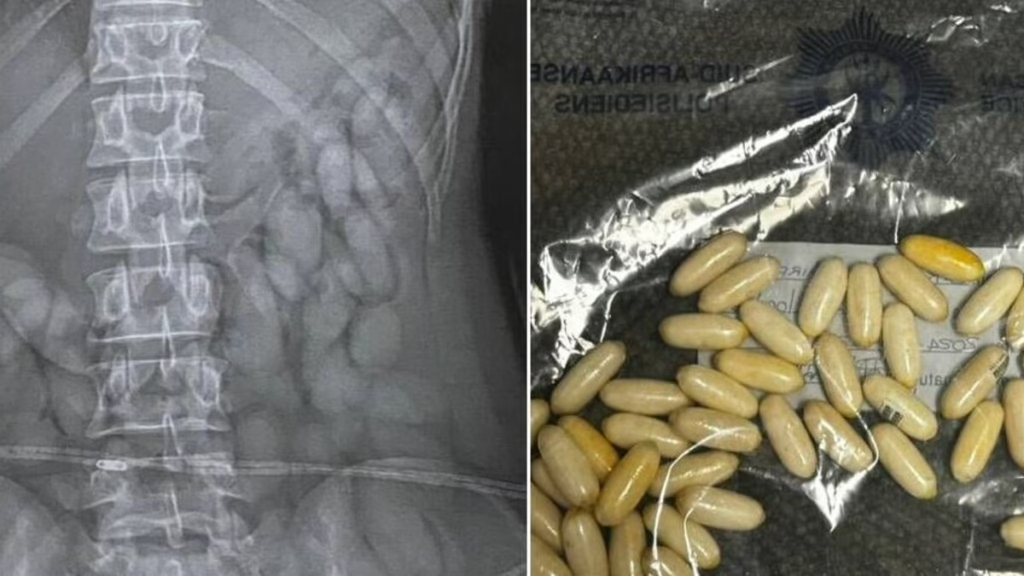
Couriers ingest wraps of drugs before flying, then expel them after landing. They sell through social media, encrypted messages, or local runners in tourist districts. Cocaine is the most common seizure, usually sold in one-gram packets for about 6,000 baht, or 175 dollars.
Key markets include Bangkok areas such as Nana, Sukhumvit, and Ratchaprarop, along with Phuket, Ko Phangan, Ko Samui, and Krabi. Nightclubs, beaches, and party islands like Ko Phangan, popular with Western backpackers, are frequent sales points.
Authorities use hotlines like the ONCB’s 1386 and conduct joint raids to protect the tourism sector, worth about 1.5 trillion baht. Penalties are harsh, with users facing deportation, and international partners such as Japan and the United States working with Thailand to target supply chains.




